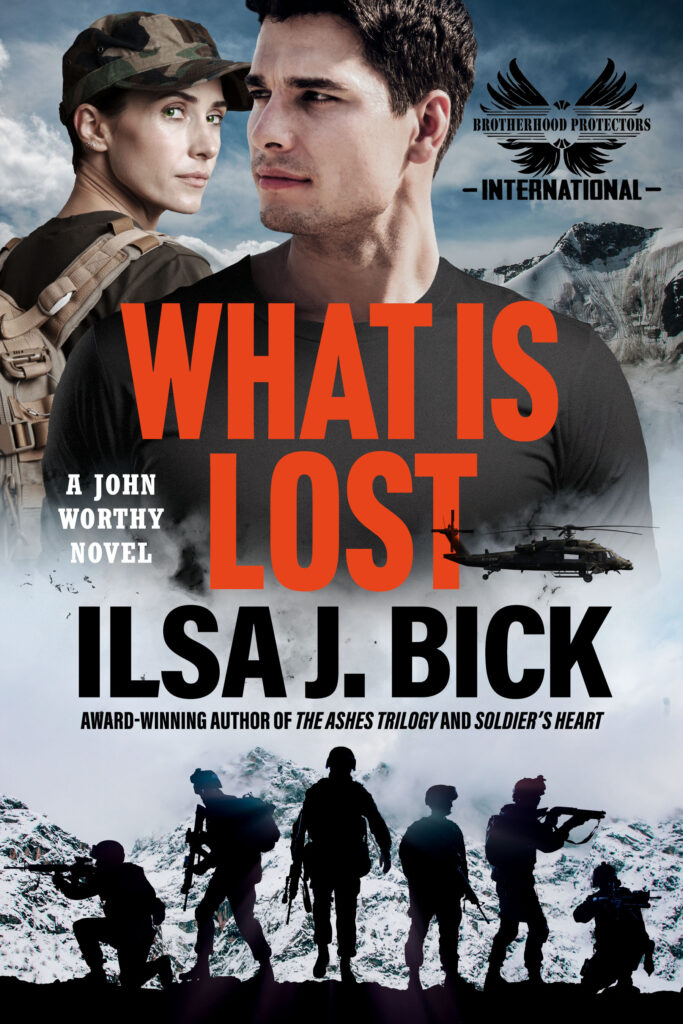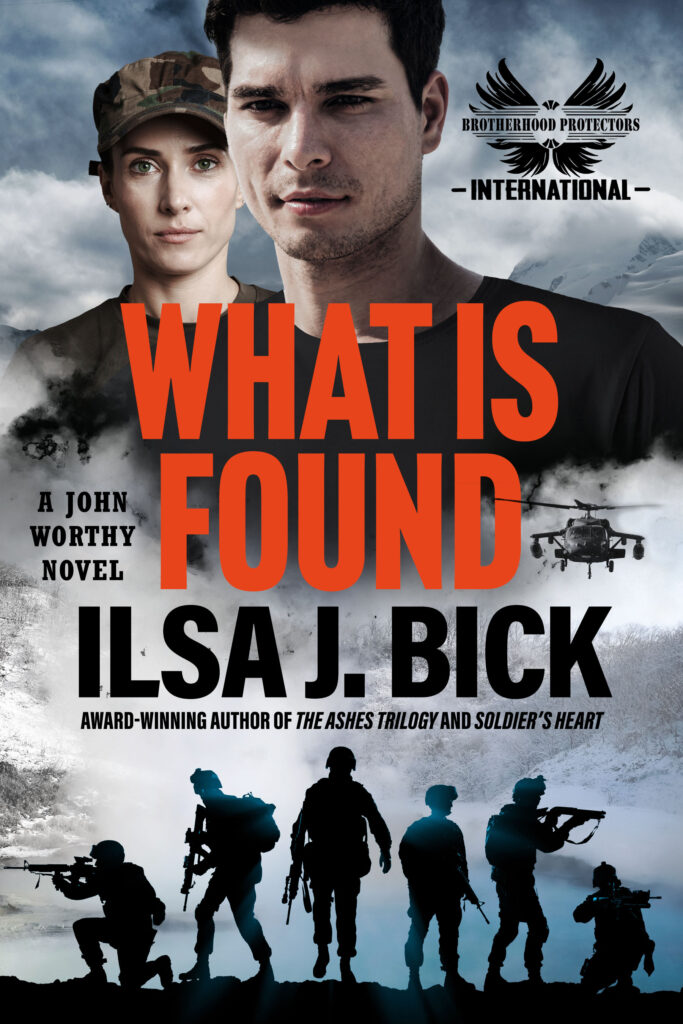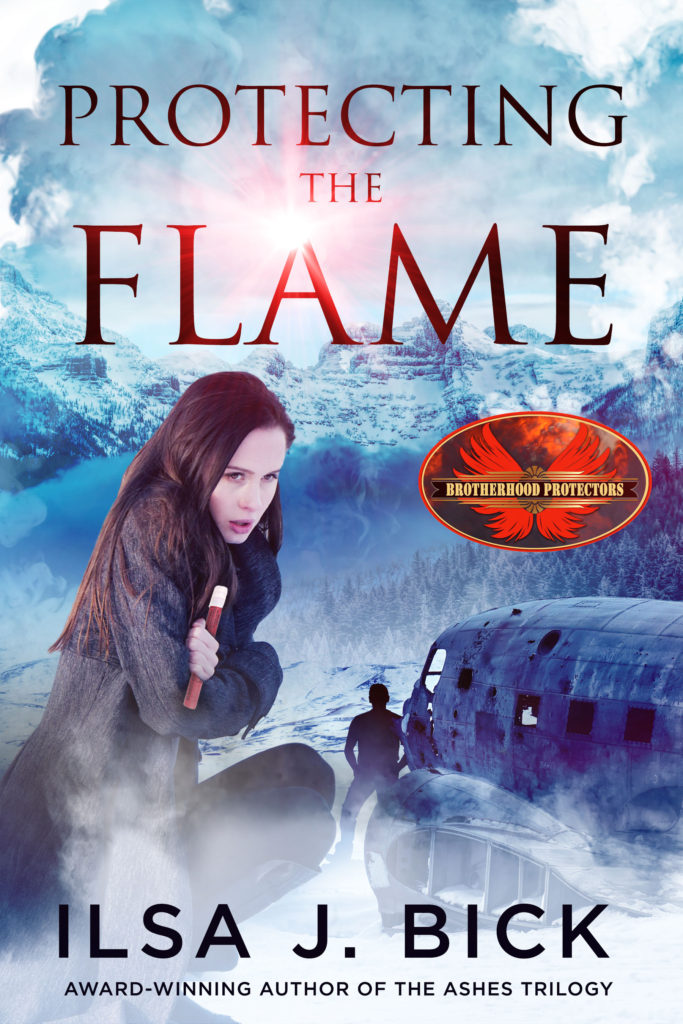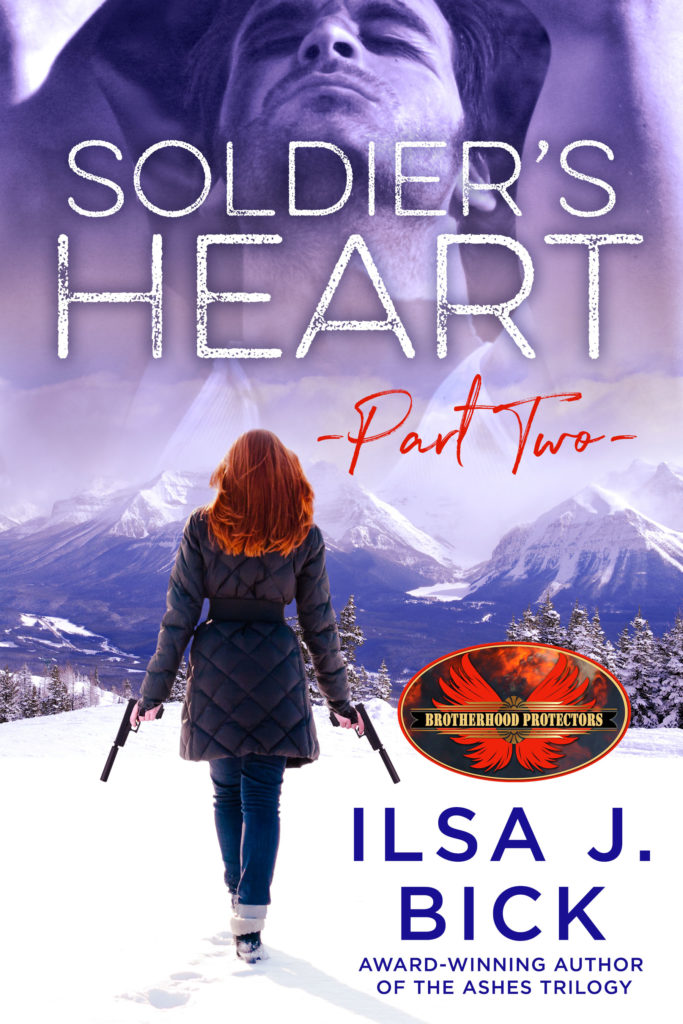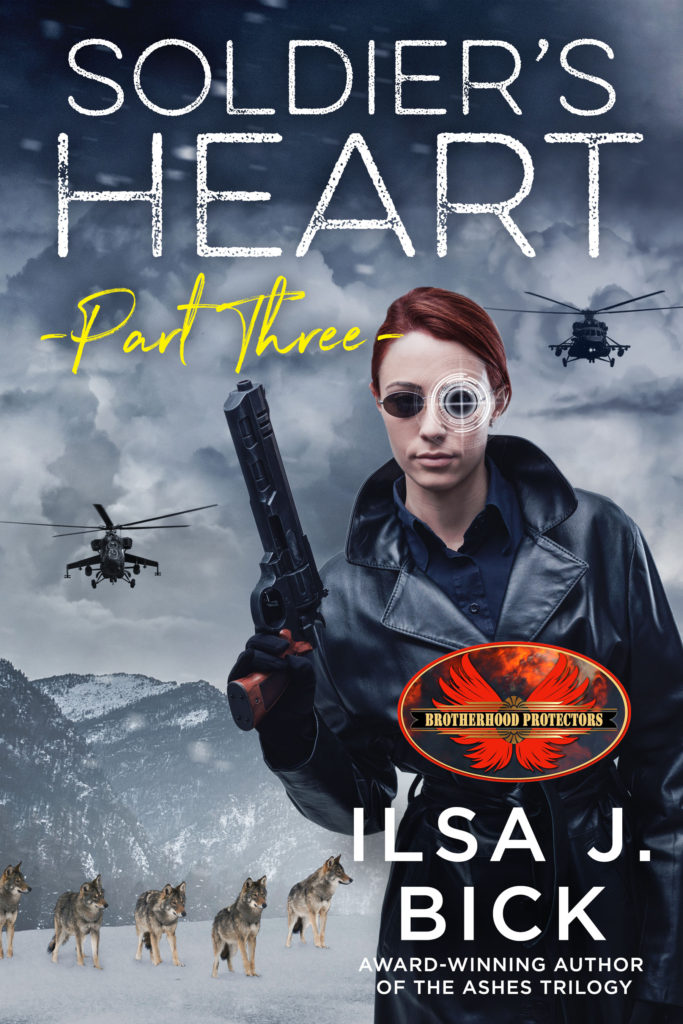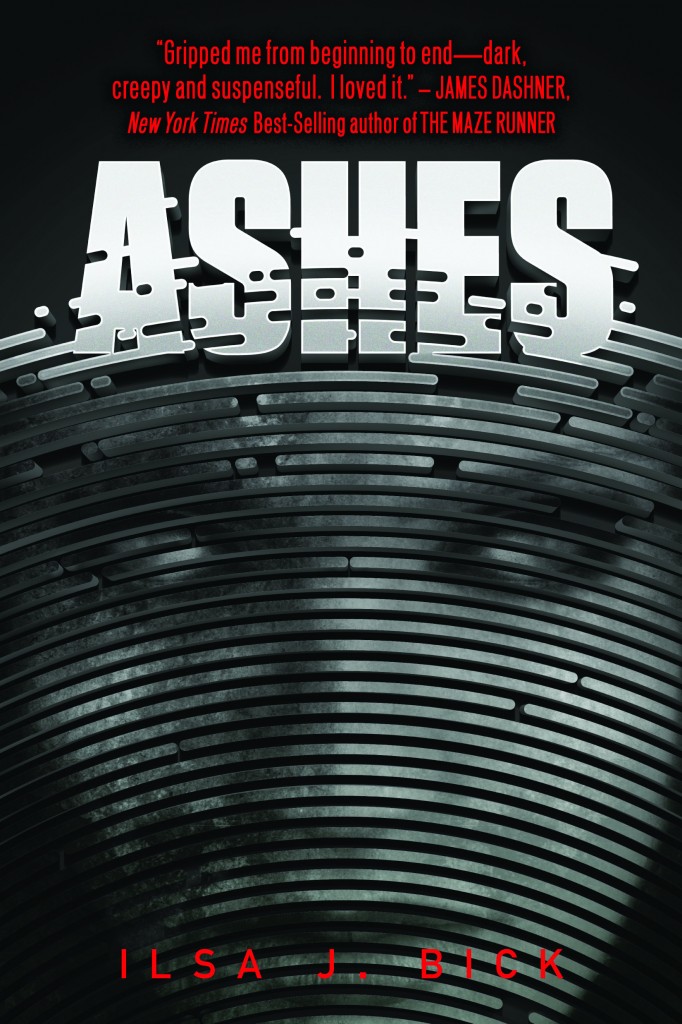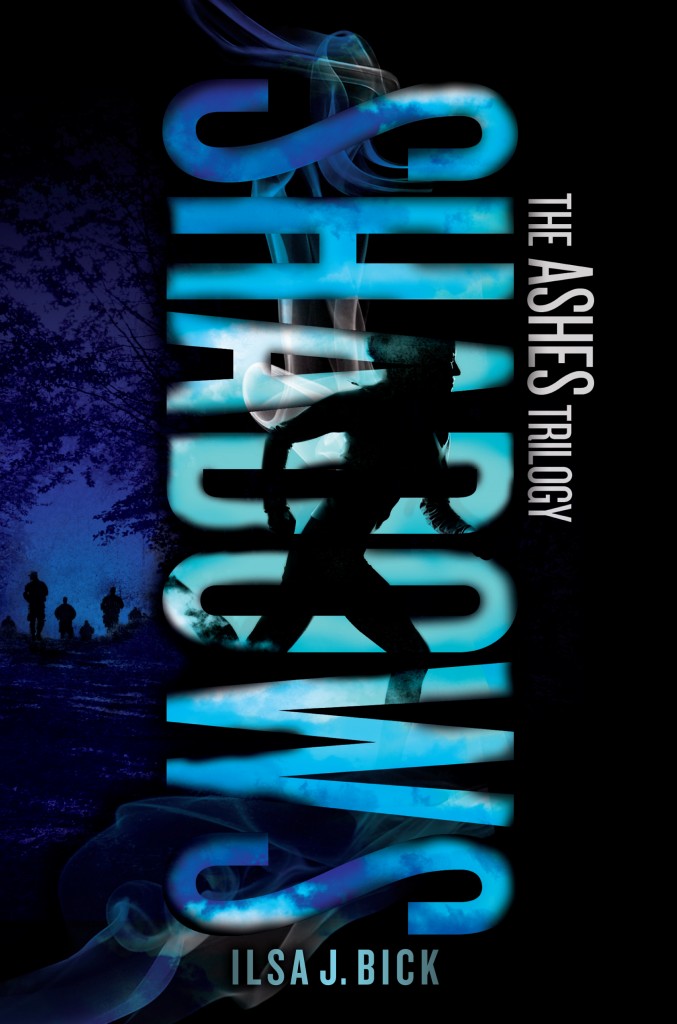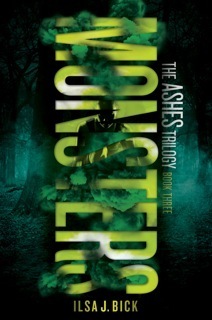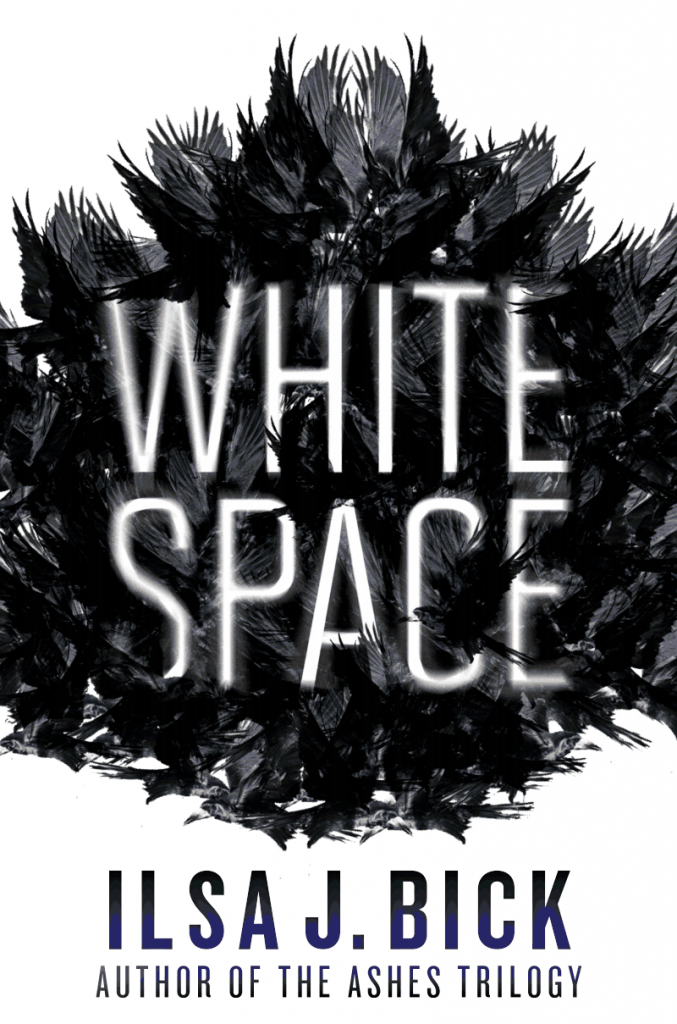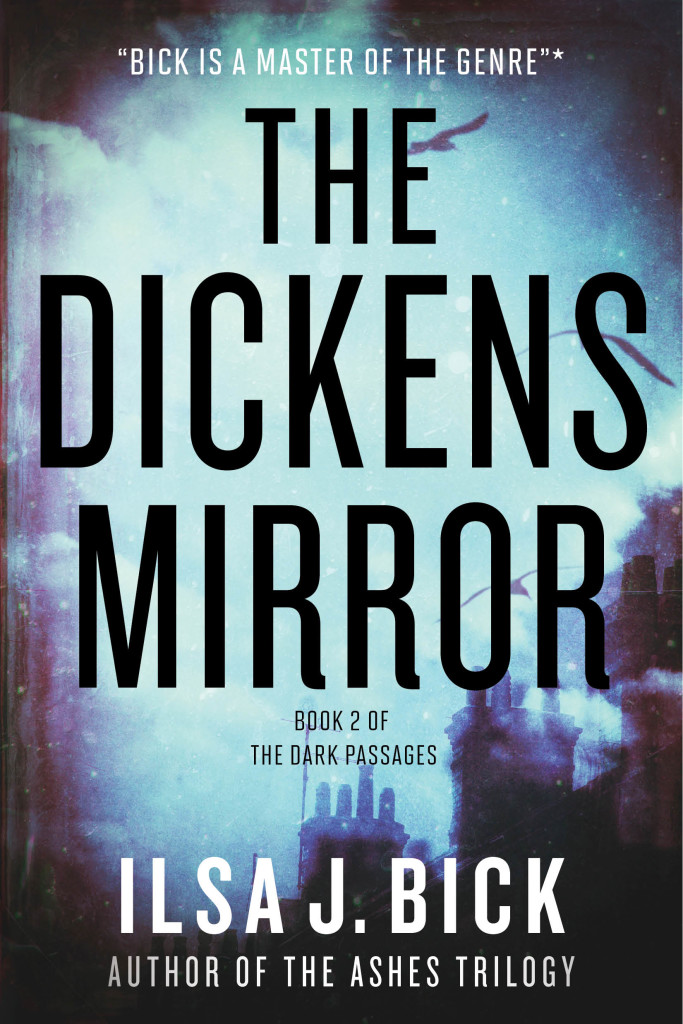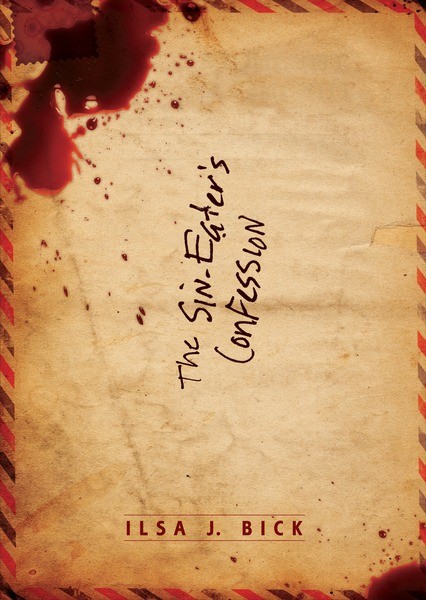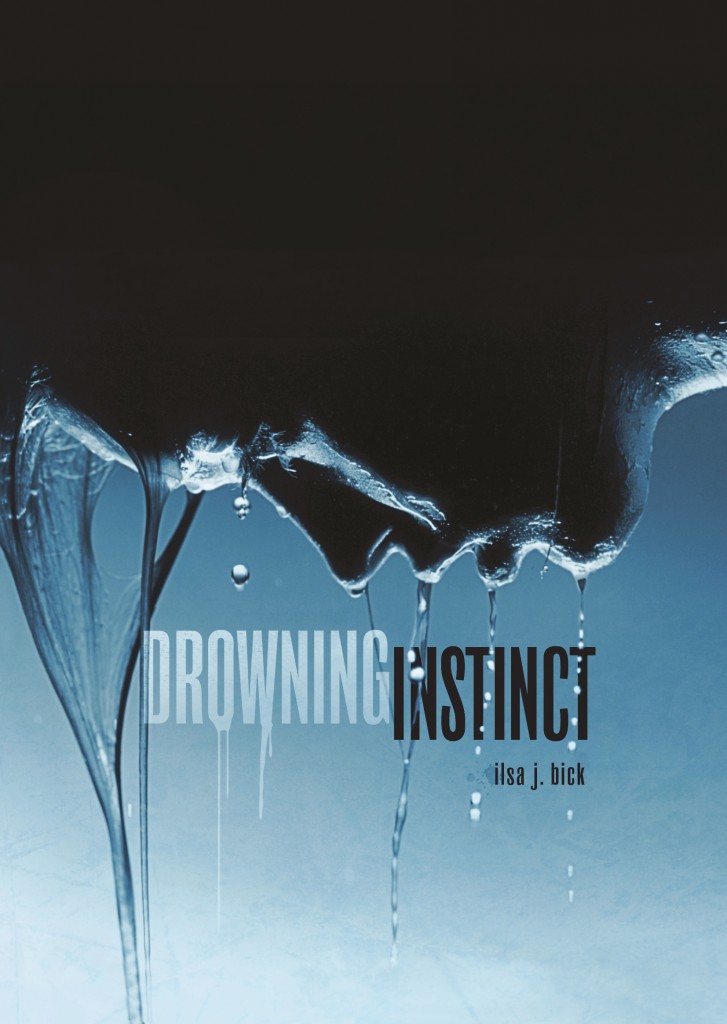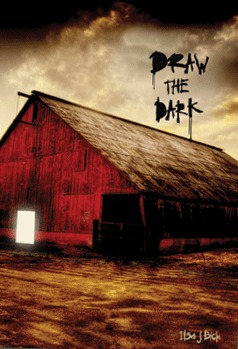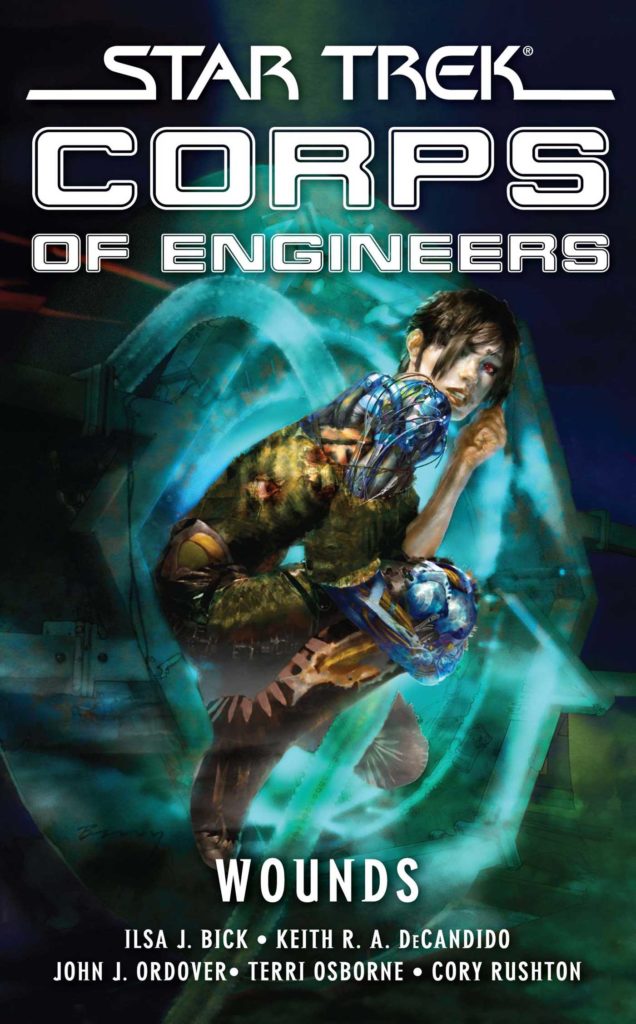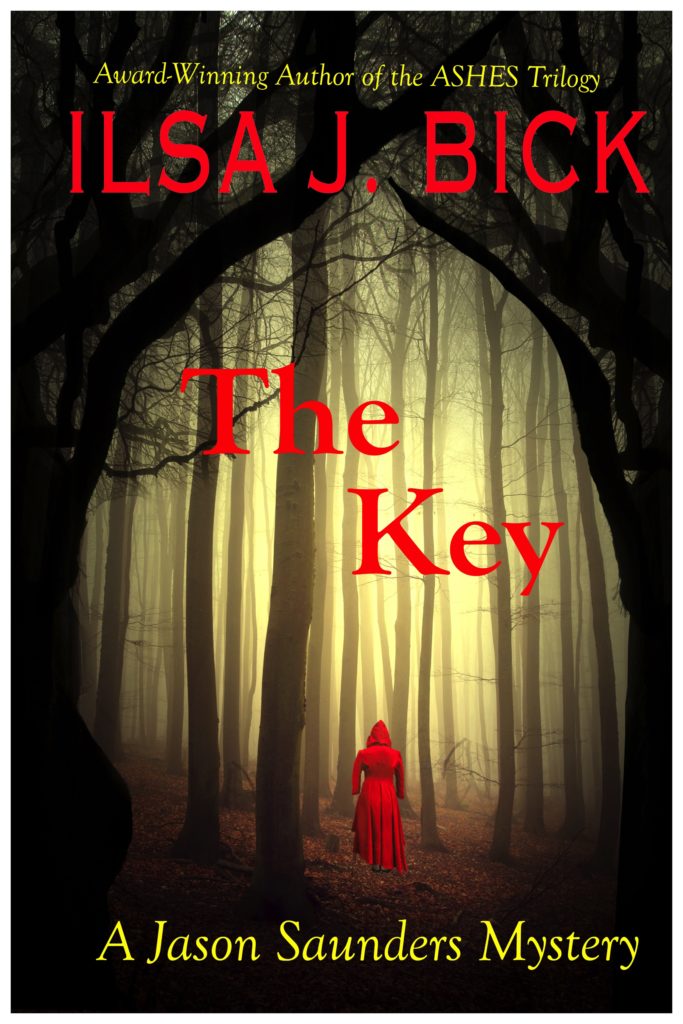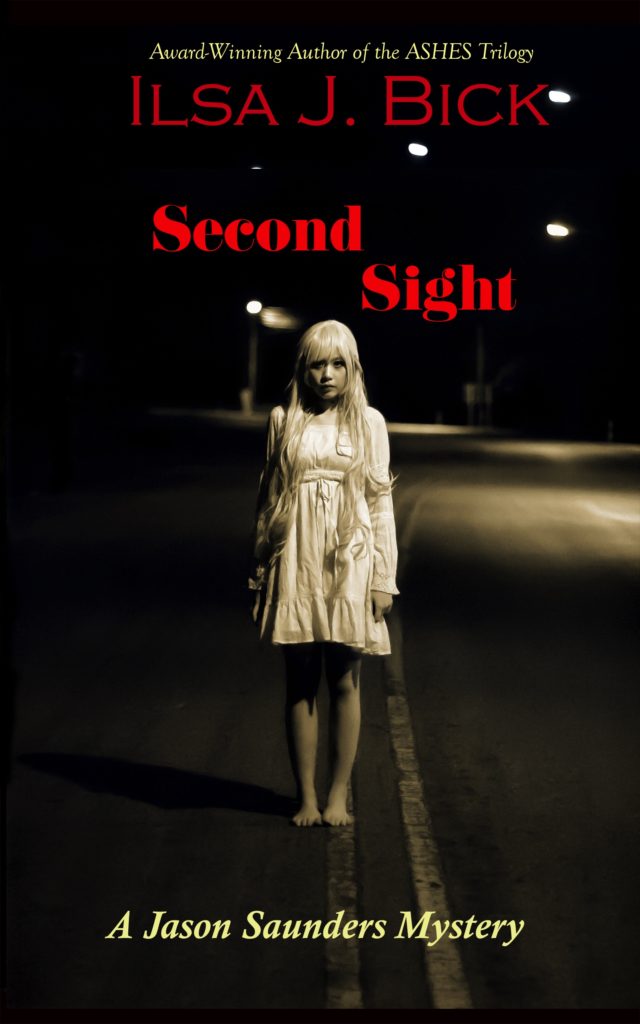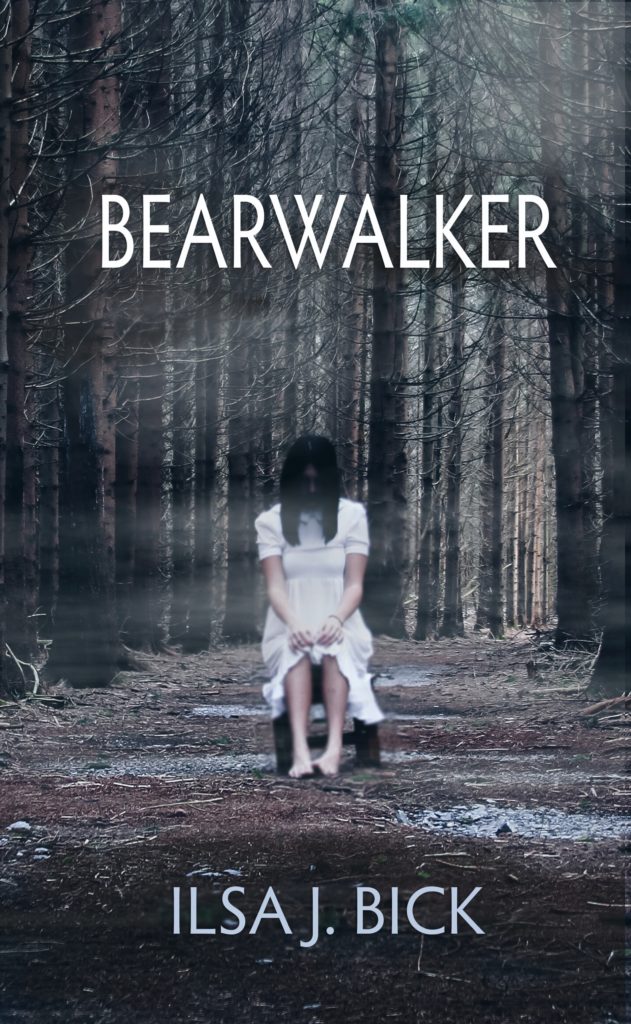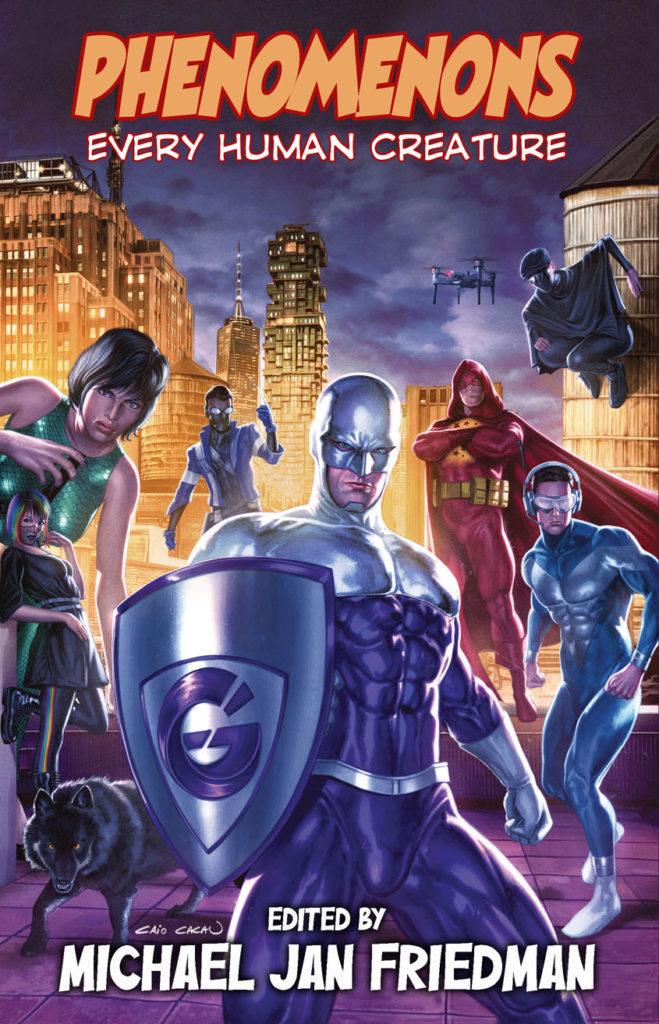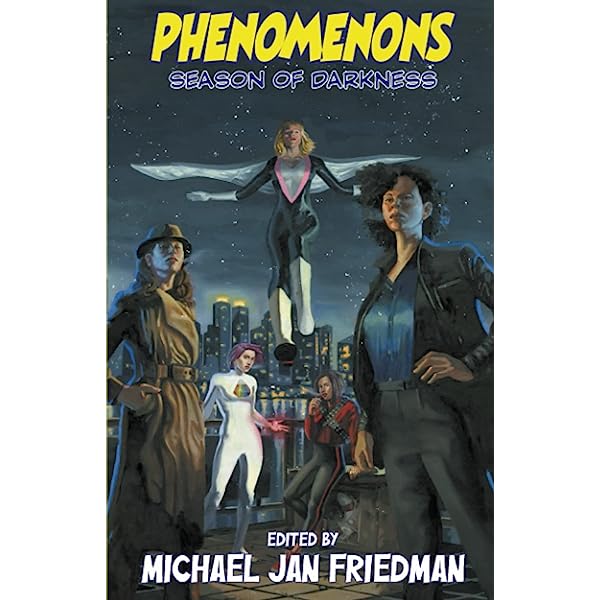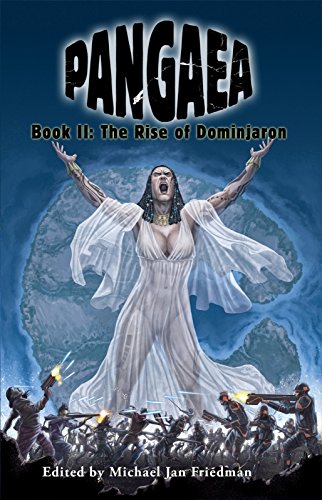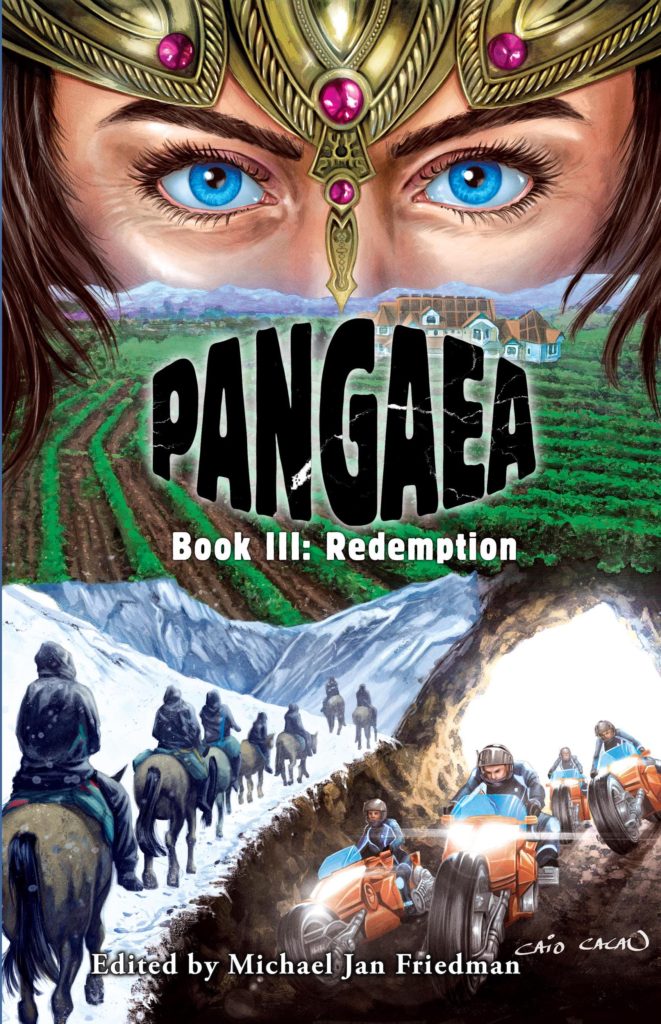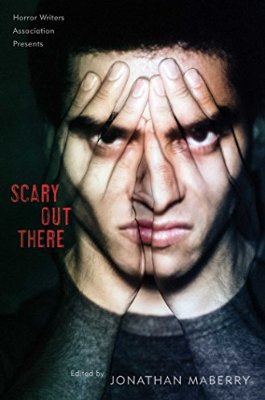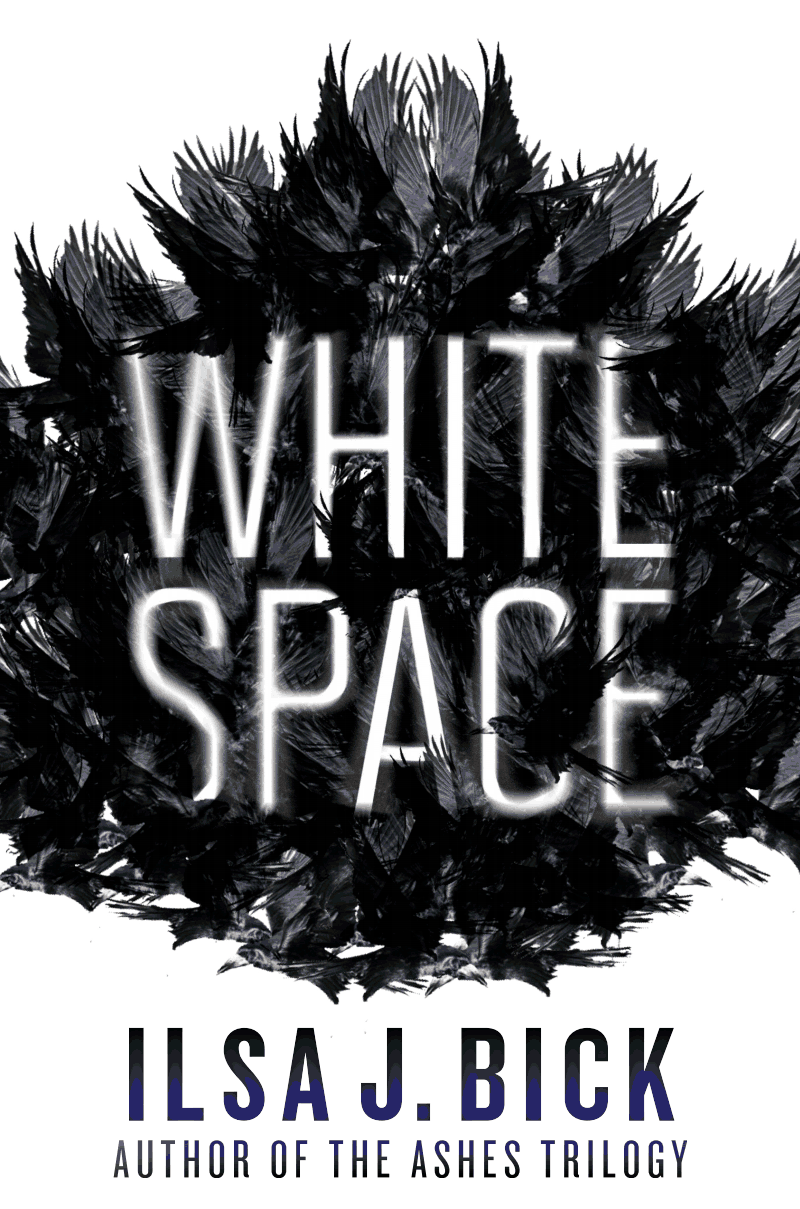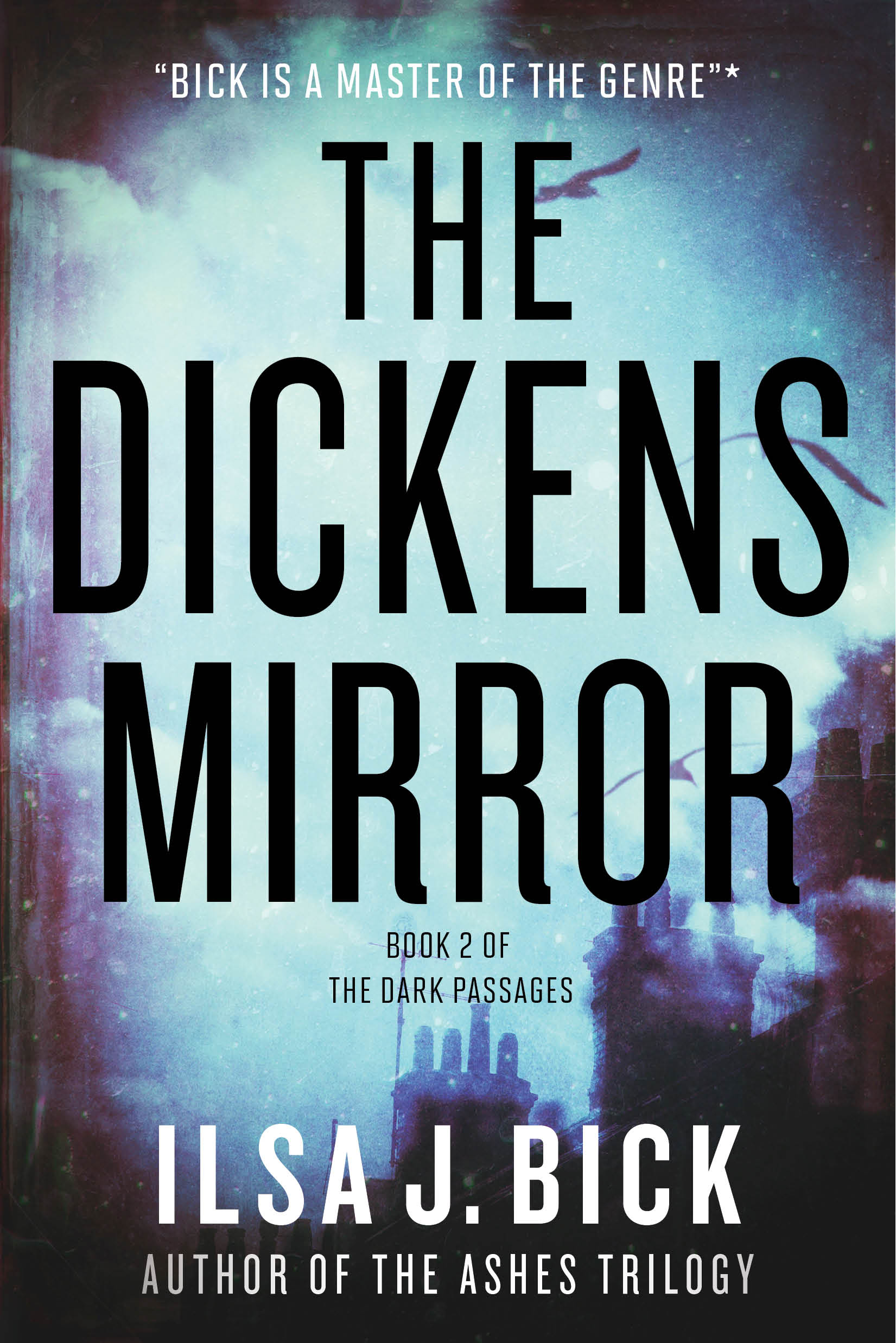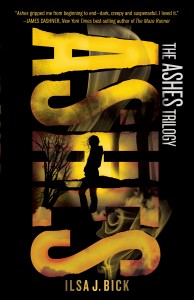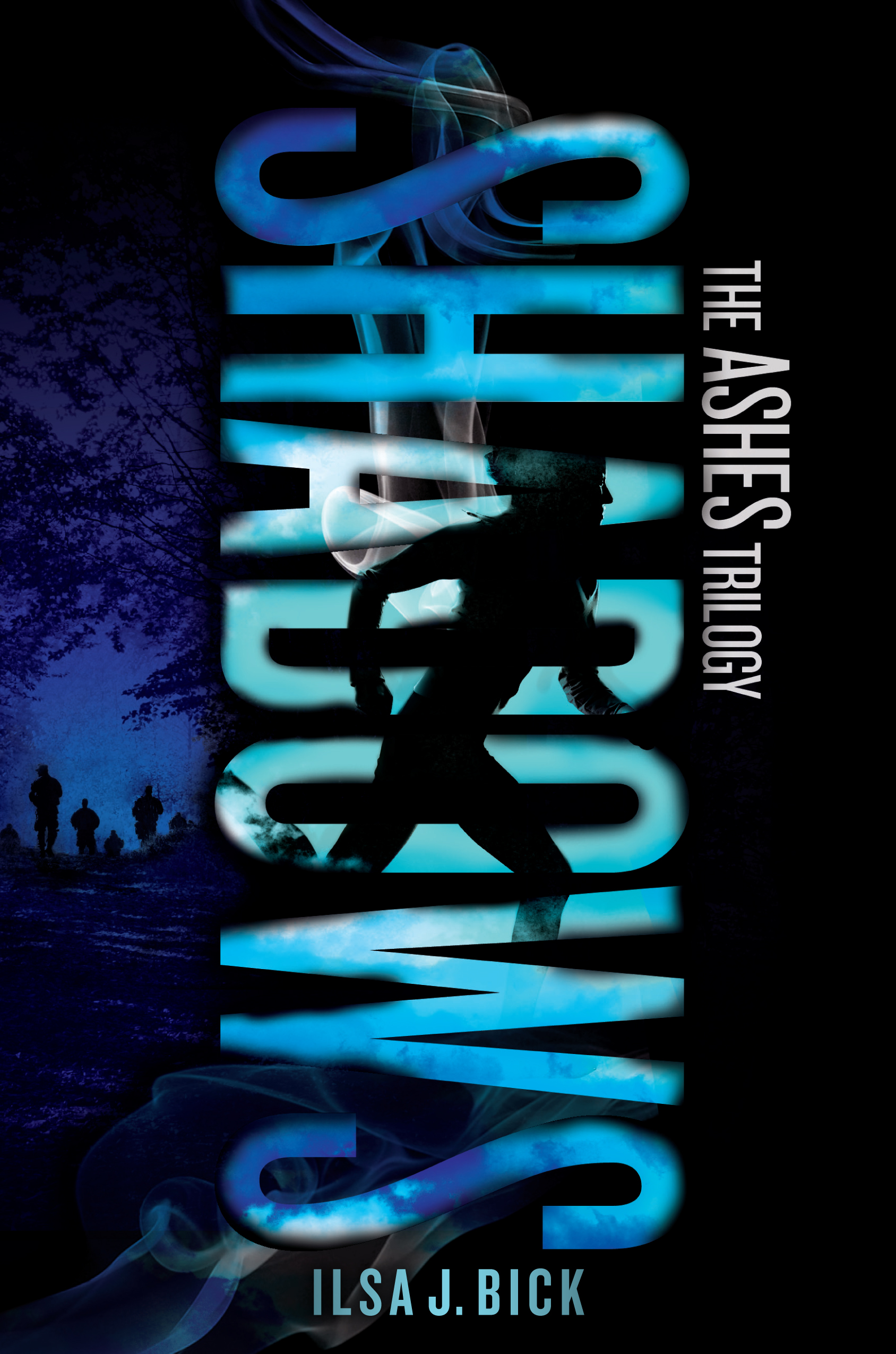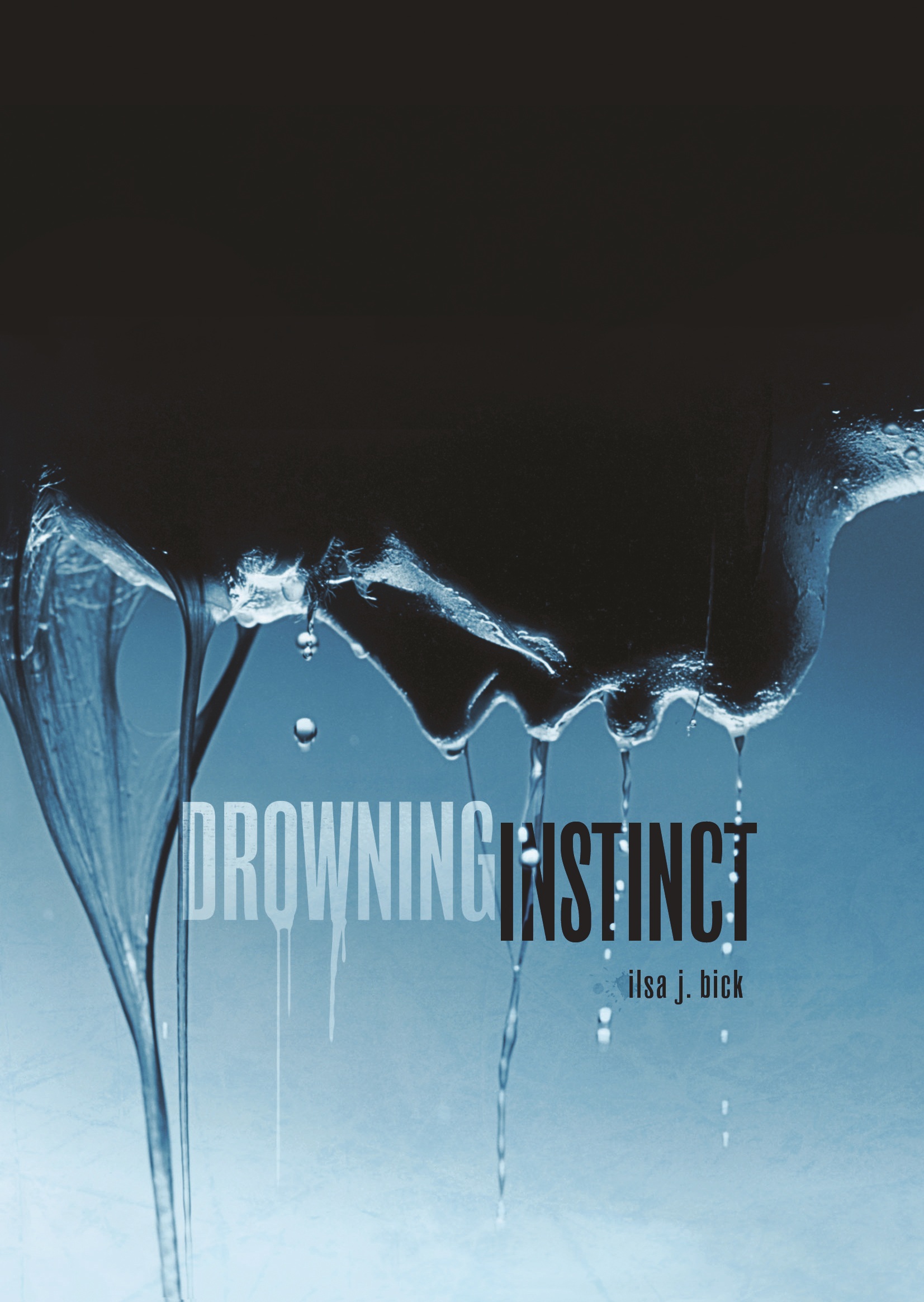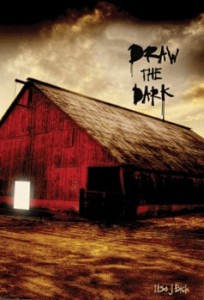So I had a really interesting evening earlier in the week. A teacher-friend invited me to speak to her class on teaching fiction to school kids (all ages), and they wanted someone to talk about sf and fantasy. Now I’ve done a lot of public speaking–mostly academic stuff–so that wasn’t a problem. But, moi? Try to teach teachers about teaching? Puh-leez. They’re the experts; I just make the stuff up (and I really haven’t written much sf or fantasy in the last year or so).
Anyway, I think it went okay–and one teacher had a really interesting question. Apparently, their textbook talks about sf/f as the literature of possibilities–a way of commenting on humanity from a distance. Well, that’s true, but I would suggest that you can do that with just about any genre and, like everyone else, I know sf/f when I read it. OTOH, because this is a lit of possibilities, that might explain why sf/f really resonates when you’re a latency-aged kid on the cusp of adolescence and on through. Sure, you’re testing your wings, but you’re also focused on exploring just exactly what you can get away with. When you’re 11 or 13, I’m not sure you’re so interested in leaving home as in wishing you could while being secretly glad that you can’t. It’s a big scary world out there, after all. But I watched this happen to my own kids and the reality is that you and they know when it’s time to leave–to bust on out, to reach breakaway and go exploring.
That IS what sf is all about at heart and it may also explain why many people stop reading sf as they age. Your focus changes from exploration to creating a safe world for yourself and, maybe, a family. Thinking about alternatives is only exciting if you can proceed from a secure base, and most of us older folks are way more concerned with that secure base. Oh sure, dabbling is fun–but I think the focus turns inward and narrows again to making sure that your family remains intact. That is, after all, the task of being a parent: providing that safe base and then helping a kid reach breakaway.
Is that sad? Do you lose something? Well, sure, there are always trade-offs. But looking at myself as one example–I followed one career path, established a secure base of operations with my very understanding husband and, because of that, was able to breakaway yet again to follow my dream of becoming a writer.
So the possibility of being able to explore alternative realities is always within reach, and I don’t think that’s something you outgrow. Sure, you can choose to ignore an alternative path, but the invitation to consider a new possibility is what sf–and indeed, YA literature–is all about.
Currently reading The Maze Runner by James Dashner
